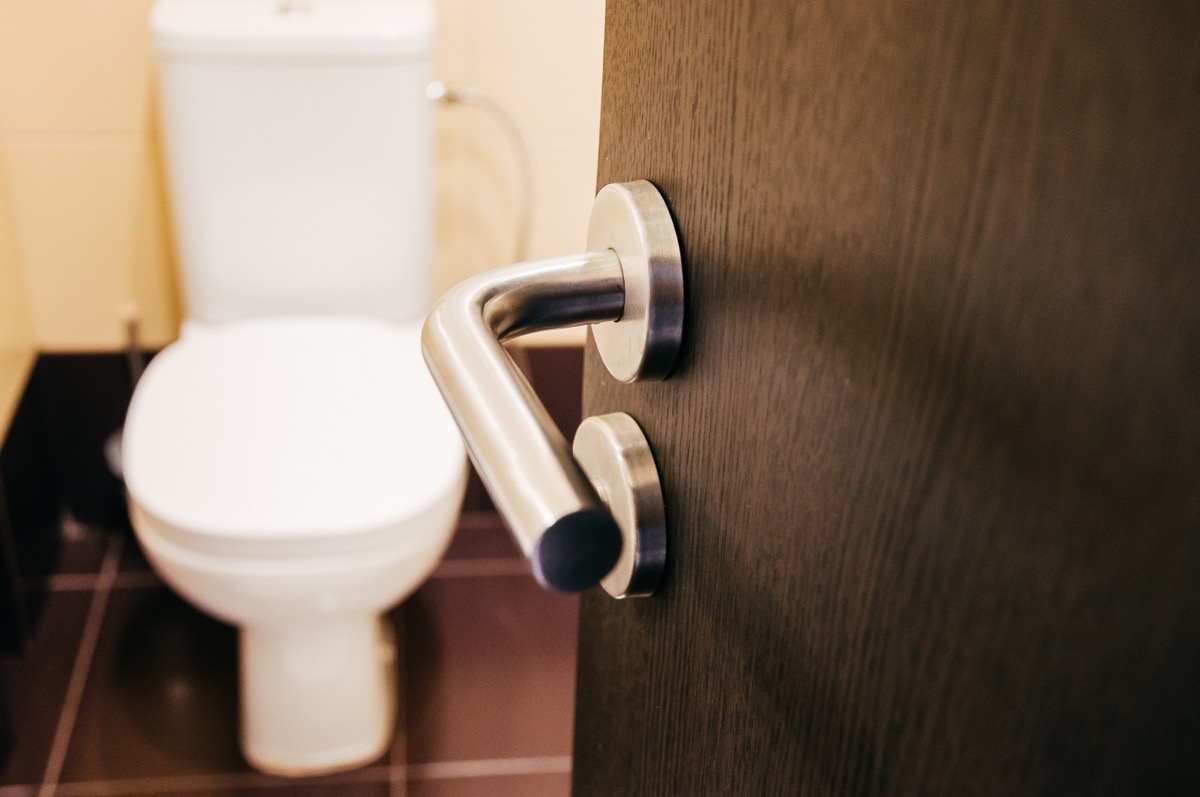While we’ve long known that the virus can survive in fecal matter, scientific research from the Chinese Center for Disease Control and Prevention has found conclusive evidence that the virus can spread this way. The researchers reveal that the bathroom of a vacant apartment in Guangzhou, China, was full of coronavirus particles that floated one floor up through the plumbing from a 15th-floor unit that housed multiple infected individuals. In the long-empty unit on the 16th floor, samples of the virus were collected from multiple surfaces, including the sink, faucet, and shower handle. That bathroom was located “right above the bathroom of the apartment of five persons with COVID-19,” the authors write. The researchers also conducted “an onsite tracer simulation experiment,” Bloomberg reports, to verify that the virus could travel through pipes in the building. The tests found that a toilet flushed on the 15th floor was able to pass materials all the way up to the 25th floor (where two COVID cases were confirmed) and 27th floor (where two more cases were found), raising the theory that aerosolized particles of fecal matter had carried COVID from one neighbor to another.ae0fcc31ae342fd3a1346ebb1f342fcb This study is not the first to indicate your toilet can play a part in passing along virus particles, either. Two residents of a Hong Kong apartment building contracted the coronavirus in February, despite living 10 floors apart from each other. Investigators later discovered an unsealed pipe in the bathroom of one of the infected tenants. And in 2003, a case of severe acute respiratory syndrome—or SARS, which is caused by another coronavirus—was found to have infected tenants of a public housing building in Hong Kong through faulty plumbing, World Health Organization (WHO) research proved. RELATED: For more up-to-date information, sign up for our daily newsletter. “Restrooms, owing to the shedding of SARS-CoV-2 in fecal material and aerosolization during toilet flushing, should be thoroughly cleaned regularly,” the authors of the new Environment International study write. “If the toilet seat is equipped with a lid, it is recommended to close the lid before flushing the toilet.” And for more on how everyday activities can put you at risk, 24 Things You’re Doing Every Day That Put You at COVID Risk.
